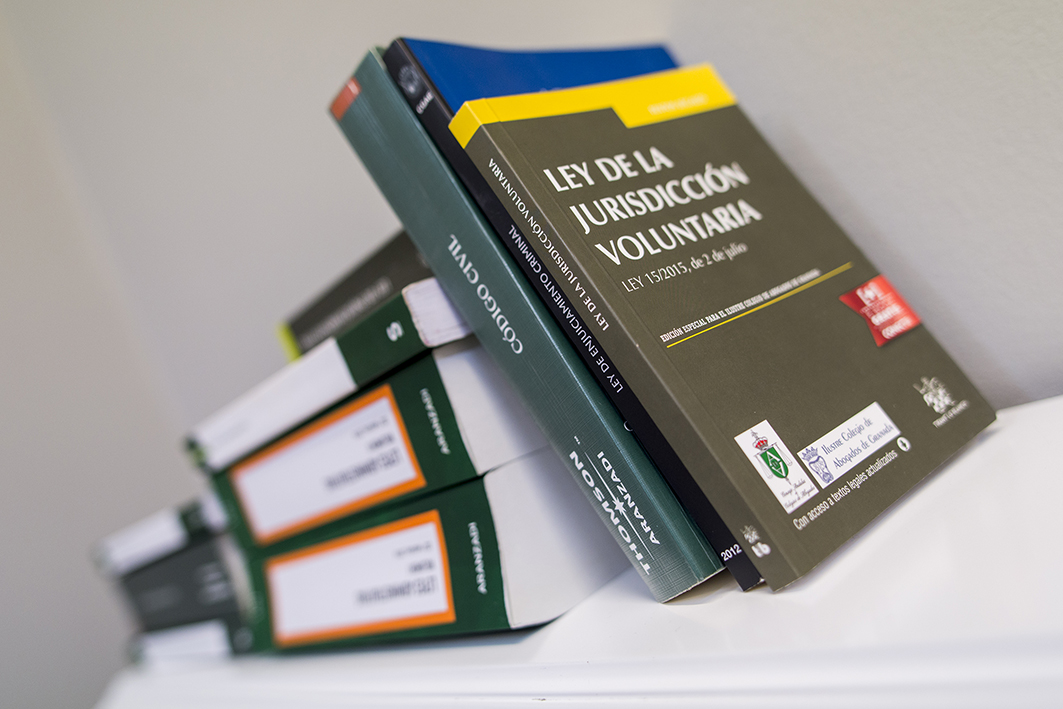
Legislation labeling food, what rules apply?
In Spain, the first legislation on product labels was Royal Decree 1334/1999 of July 31, which approved the General Standard for Labeling, Presentation and Publication of food products.
Due to the significant differences that exist in this regard in the different Member States of the European Union, and with the intention that these differences could not be a difficulty in the free movement of goods or could create situations of unequal competition, All existing European provisions on food labeling legislation were codified in Directive 2000/13/EC of the European Parliament and of the Council of March 20, 2000.
With this standard, the laws of the Member States on the labeling, presentation and advertising of food products were approximated. The entry into force of this standard was the closest approximation in European legislation on food labeling. This new regulation tacitly repealed the aforementioned Spanish Royal Decree with the sole exception of article 12 as regards the indication of the lot on the food labeling, and article 18 referring to the language of the labeling, which is still They keep in force.
Subsequently, Regulation 1169/2011 of the European Parliament and of the Council of October 25, 2011, on food information provided to the consumer, which led to the repeal and modification, among many others, of Directive 2000/13/EC came into force.
This Regulation is intended to offer consumers food information that protects their health and interests, and lay a solid foundation to help you make sound decisions about the foods you choose and make safe use of them. In this current document of food labeling legislation, among others, the mandatory information that must be indicated, additional mentions that are required according to the composition of the product, labeling of the substances or products that cause allergies or intolerances (declaration of allergens) are collected, or nutritional information. The declaration on allergens was, together with the obligation to indicate the nutritional information, the two most novel and relevant points of this Regulation.
The document was applicable as of December 13, 2014, with the exception of the obligation to indicate the nutritional information of all the food that was applied with a later date, since December 13, 2016. In addition to this Regulation, Regulation 1924/2006 of the European Parliament and of the Council of December 20, 2006 concerning nutritional and health claims in foods is of great importance in legislation labeled food.
Nutrition declaration means any statement that affirms, suggests or implies that a food has specific beneficial nutritional properties on the occasion of an energy value that it contributes, that it contributes at a reduced value or that it does not provide. By healthy property declaration we mean any statement that affirms, suggests or implies that there is a connection between a category of food, a foodstuff or one of its constituents and a person’s health.
In addition to all of the above, which establishes all horizontal regulations regarding food labeling legislation, there are certain categories of food products that have specific regulations regarding their labeling. As an example we have food supplements, which in Spain are regulated by Royal Decree 1487/2009 of September 26, which was transposed from European Directive 2002/46/EC of the European Parliament and of the Council of June 10, 2002, relative to the approximation of the laws of the Member States regarding food supplements.
In this standard on food supplements, the specific provisions of its labeling are established, although the previous regulations for other aspects also apply, such as in the case of including any statement of nutritional or healthy properties.






